Seven vegan sources of protein: Build muscle and stay fuller for longer
Optimize your plant-based diet with these vegan sources of protein
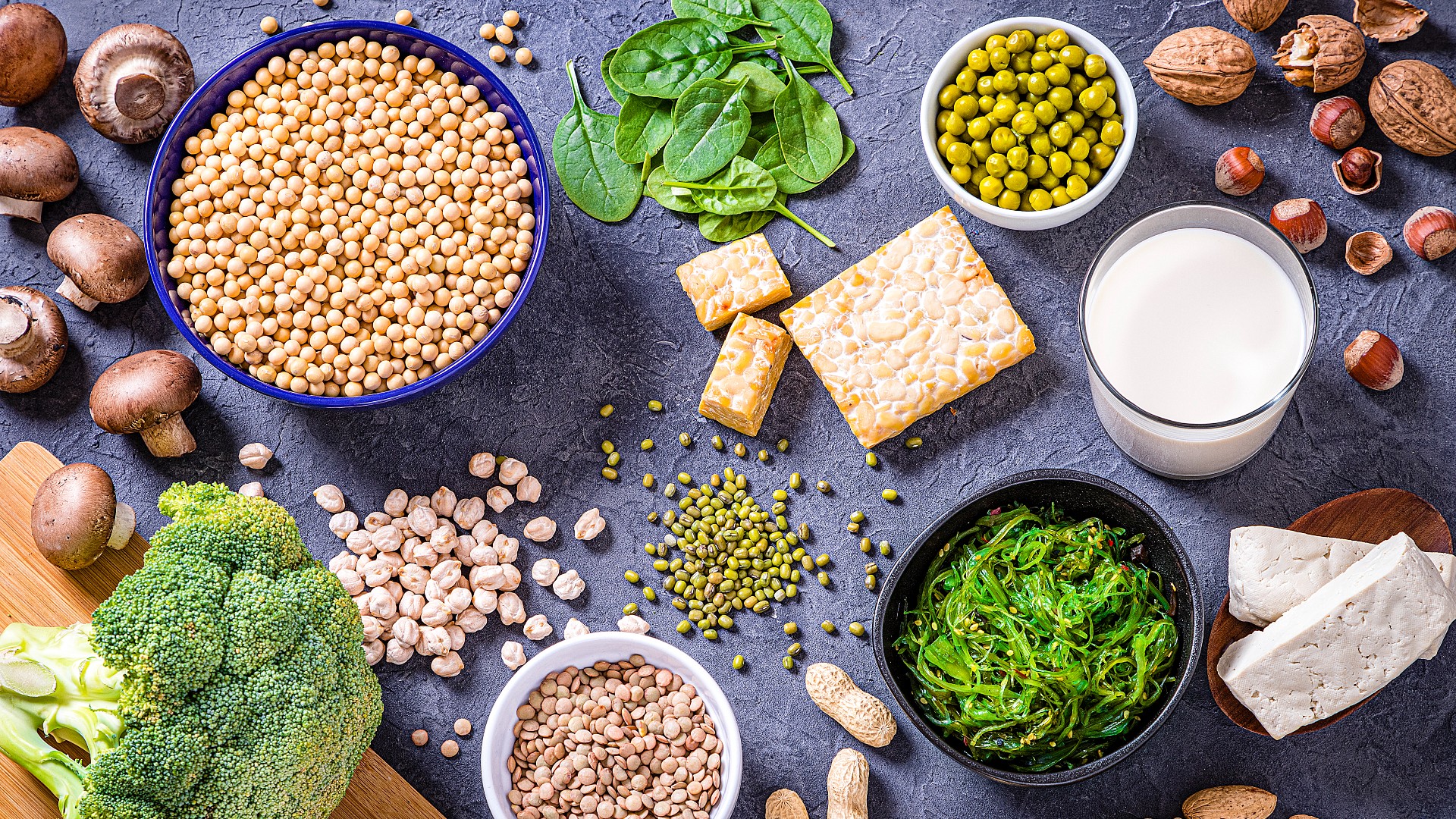
If you follow a plant-based diet, you’re probably aware of concerns about whether you’re consuming enough protein. But there are plenty of vegan sources of protein that you can incorporate into your diet, many of which you might be eating already.
This isn’t to say that eating adequate amounts of protein as a vegan is something you can do without thinking – hitting your daily protein requirements might require more thought than it does for people who eat meat and fish. How much protein you need will depend on a number of factors too, including how much you exercise – people who are more active have higher requirements for protein and may need to supplement with the best protein powder for women.
The reason many people believe it can be difficult to obtain enough protein when eating a largely plant-based diet is because most vegetarian sources of protein, with the exception of soy and quinoa, are considered incomplete.
“This means that they do not provide all the essential amino acids (EAAs),” says Farah Z Khan, a registered dietician. “Proteins are comprised of amino acids, nine of which are essential – meaning they must be obtained from the diet.”
She adds: “Animal proteins provide adequate amounts of all EEAs, whereas plant proteins lack one or more. So, an individual who is vegan must ensure that they are consuming a variety and an adequate amount of plant protein sources to obtain adequate amounts of all the EAAs.”
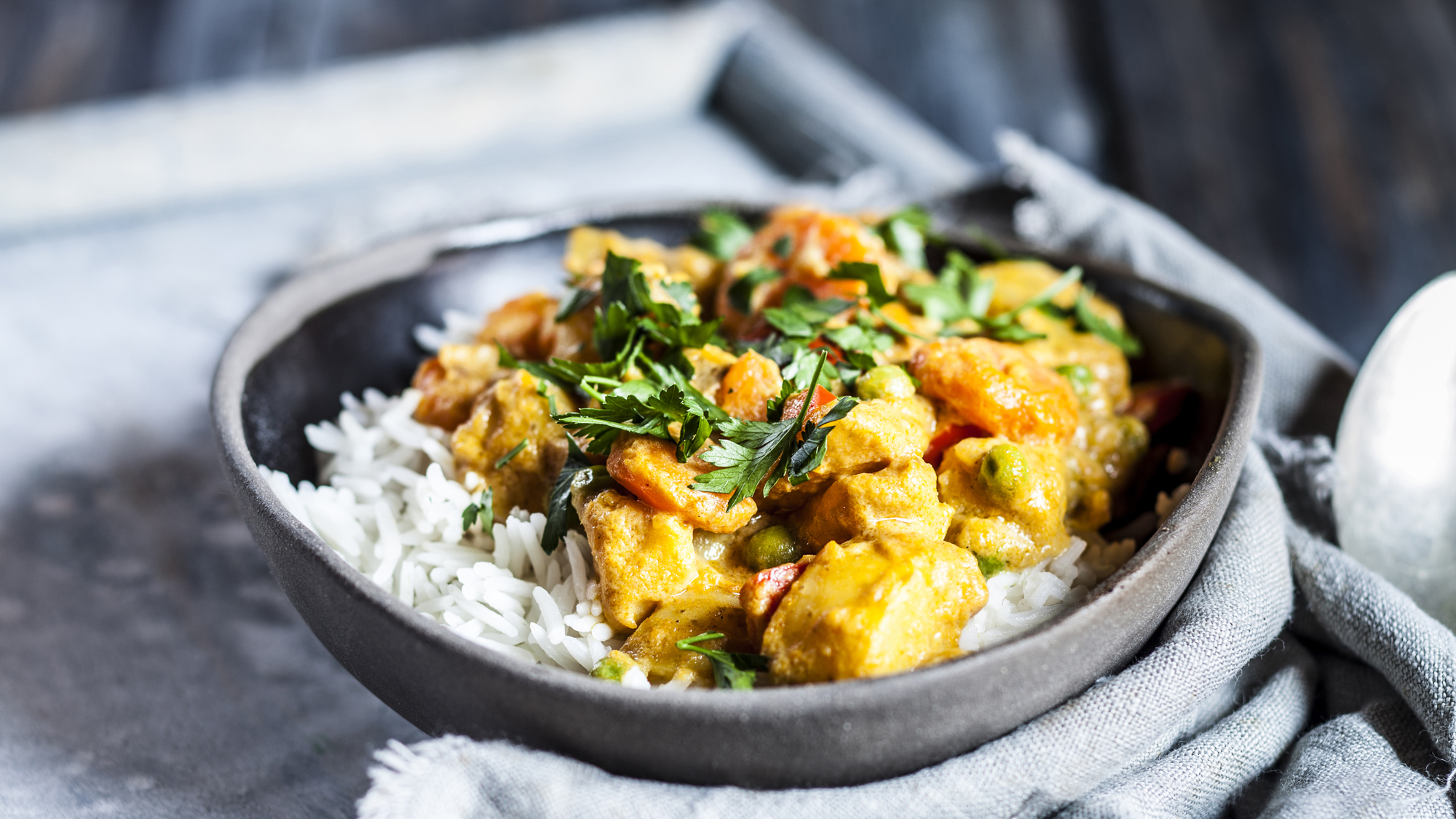
The other big reason why you might need to think carefully about the amount of protein you’re consuming on a vegan diet is that plant proteins have a lower PDCAAS score (protein digestibility and corrected amino acid score) than animal proteins. This means that the amino acids in these sources are not as well absorbed and assimilated into the body as animal proteins.
“For this reason, an individual who is vegan would have to consume a larger amount of plant proteins (compared with animal proteins) to absorb and assimilate an equivalent amount,” says Khan.
Get the Fit&Well Newsletter
Start your week with achievable workout ideas, health tips and wellbeing advice in your inbox.
However, there are benefits of eating plant proteins like legumes. “They provide fiber and many vitamins and minerals,” says Khan. “Fiber is important for gut health, and it is also a nutrient we do not get from animal proteins.”
Here are seven vegan sources of protein you can start incorporating into your diet.
Vegan sources of protein
1. Soy (tofu, tempeh, soy milk)
“Soy is considered a complete protein in that it provides all the EAAs,” Khan says, adding that: “Fortified soy can also provide calcium, vitamin D and vitamin B12.”
Soy is a versatile ingredient as you can add soy milk to your cereal or morning coffee, make stir fries and curries with tofu and tempeh or even use soy milk and cream when baking.
2. Lentils
Lentils are a great source of vegan protein and they tend to be a little easier to digest compared with beans. Plus, they provide a wide range of nutrients: “In addition to protein, they provide iron, phosphorus, potassium, folate and magnesium,” says Khan.
There are many types of lentils (French, black, yellow, orange) and you can make a range of dishes, such as curries and soups using them. Lentils are an incomplete protein but pairing them with a grain (such as rice or whole grain bread), can help you obtain a complete set of EAAs.
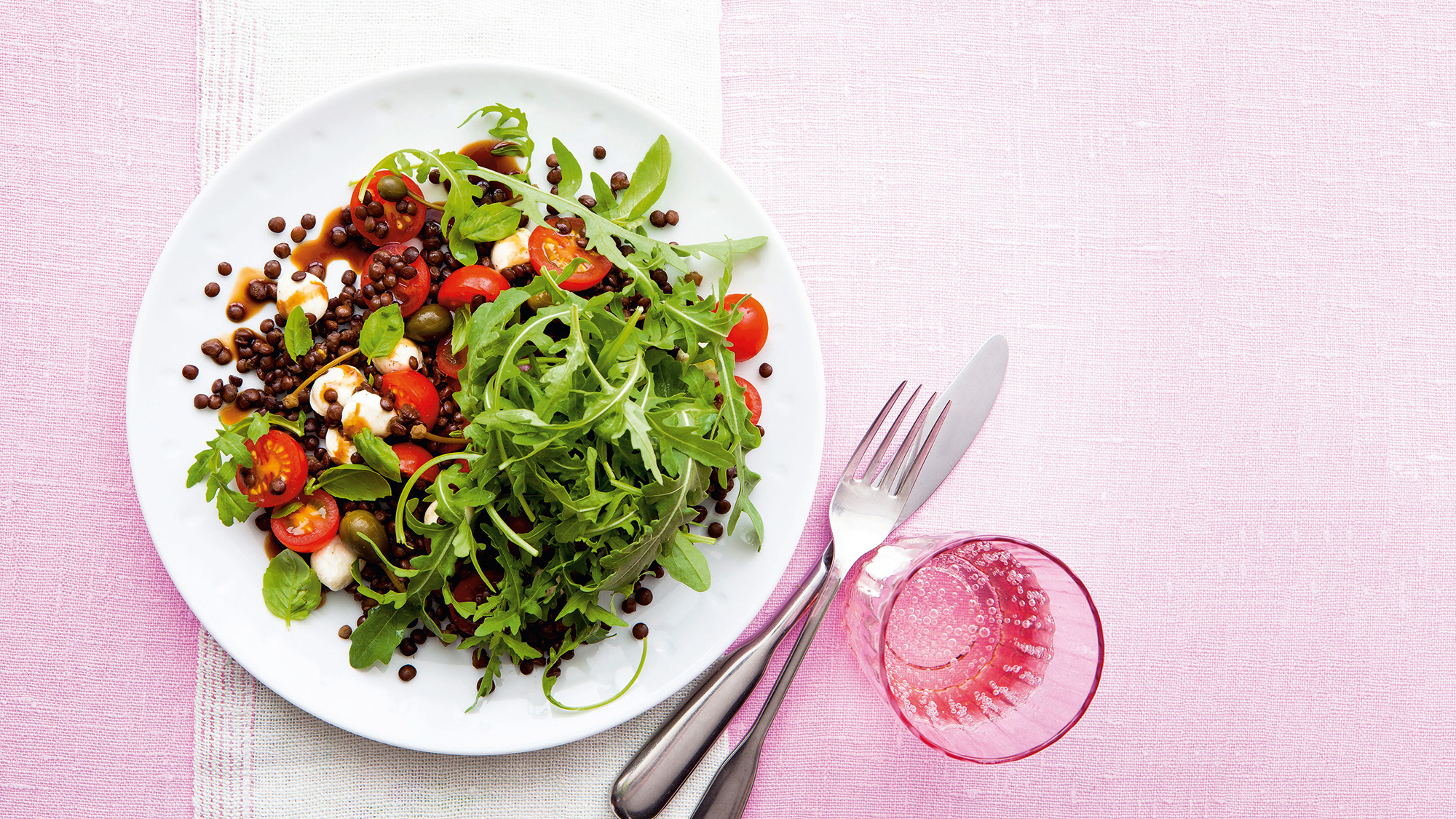
3. Beans and chickpeas
Beans and chickpeas are part of the legume family (along with lentils), and provide similar nutritional benefits. “Beans and chickpeas are great sources of fiber, plus they provide iron, folate and other B vitamins, potassium, phosphorus and magnesium,” says Khan. She adds: “The fiber in beans, chickpeas and lentils is not only great for our gut health, but it also slows digestion, and helps to stabilize the rise in blood sugar after a meal.”
Beans and chickpeas are great for stews and chillies and they can also be added to salads for extra protein.
4. Pseudo grains, such as quinoa
“Quinoa is often considered a grain, but it’s technically a seed,” Khan says. “Like soy, quinoa is considered a complete protein (provides all the EAAs) though one would have to eat a considerable amount of quinoa to obtain a sizable amount of protein.”
Quinoa works well in salads and it can also be used as an alternative to rice as a side or base for a meal.
5. Seitan (wheat gluten)
Seitan is a popular “mock meat” that resembles the texture of meat. Plus, it’s a great source of protein. “Nutrients in seitan include iron, calcium, phosphorus and selenium,” says Khan. Although she stresses that you should avoid seitan if you have celiac disease or a gluten sensitivity. Seitan can be used in place of meat as a replacement in almost any meal, from stir fries to curries and even burgers.
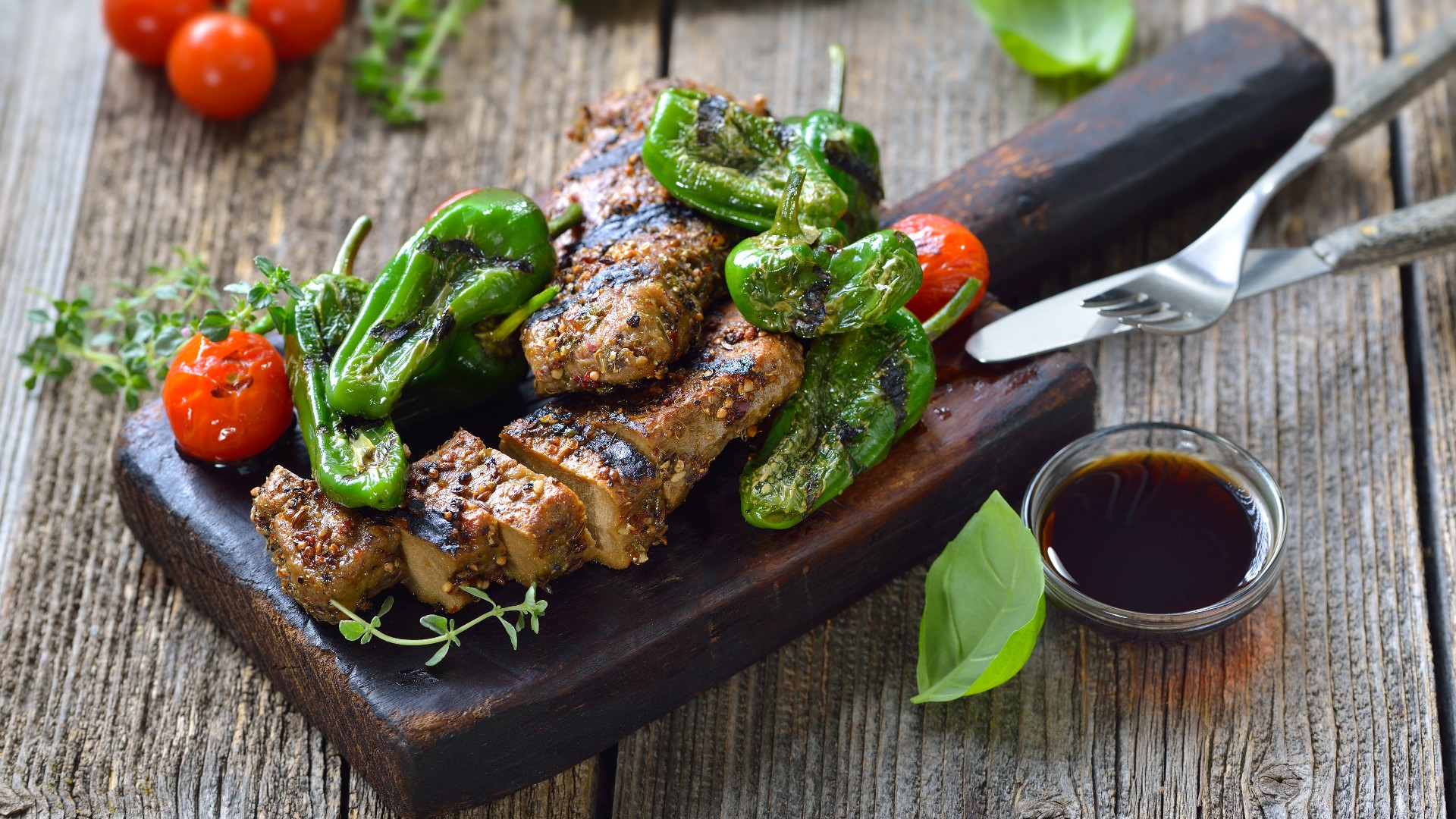
6. Hemp seeds
You may not think that seeds are a good source of protein but hemp seeds are a good choice for vegans who are looking to increase their protein intake. They’re also a great source of healthy fats, such as omega 3 and they contain magnesium, zinc, iron and selenium. You can sprinkle hemp seeds over smoothie bowls, cereal or on top of savory meals like salads.
7. Nutritional yeast
Nutritional yeast is commonly used as an alternative to cheese for people who follow a plant-based diet and it’s also a good source of protein, which is a bonus. “As well as protein, it provides significant amounts of other vitamins including B1, B2 and B3, folate and B12,” says Khan.
Nutritional yeast is also versatile in that it can be used as a seasoning for many dishes and you can also use it to create creamy sauces for pasta dishes and curries.
Alice Porter is a freelance journalist covering lifestyle topics including health, fitness and wellness. She is particularly interested in women's health, strength training and fitness trends and writes for publications including Stylist Magazine, Refinery29, The Independent and Glamour Magazine. Like many other people, Alice's personal interest in combining HIIT training with strength work quickly turned into a CrossFit obsession and she trains at a box in south London. When she's not throwing weights around or attempting handstand push-ups, you can probably find her on long walks in nature, buried in a book or hopping on a flight to just about anywhere it will take her.
-
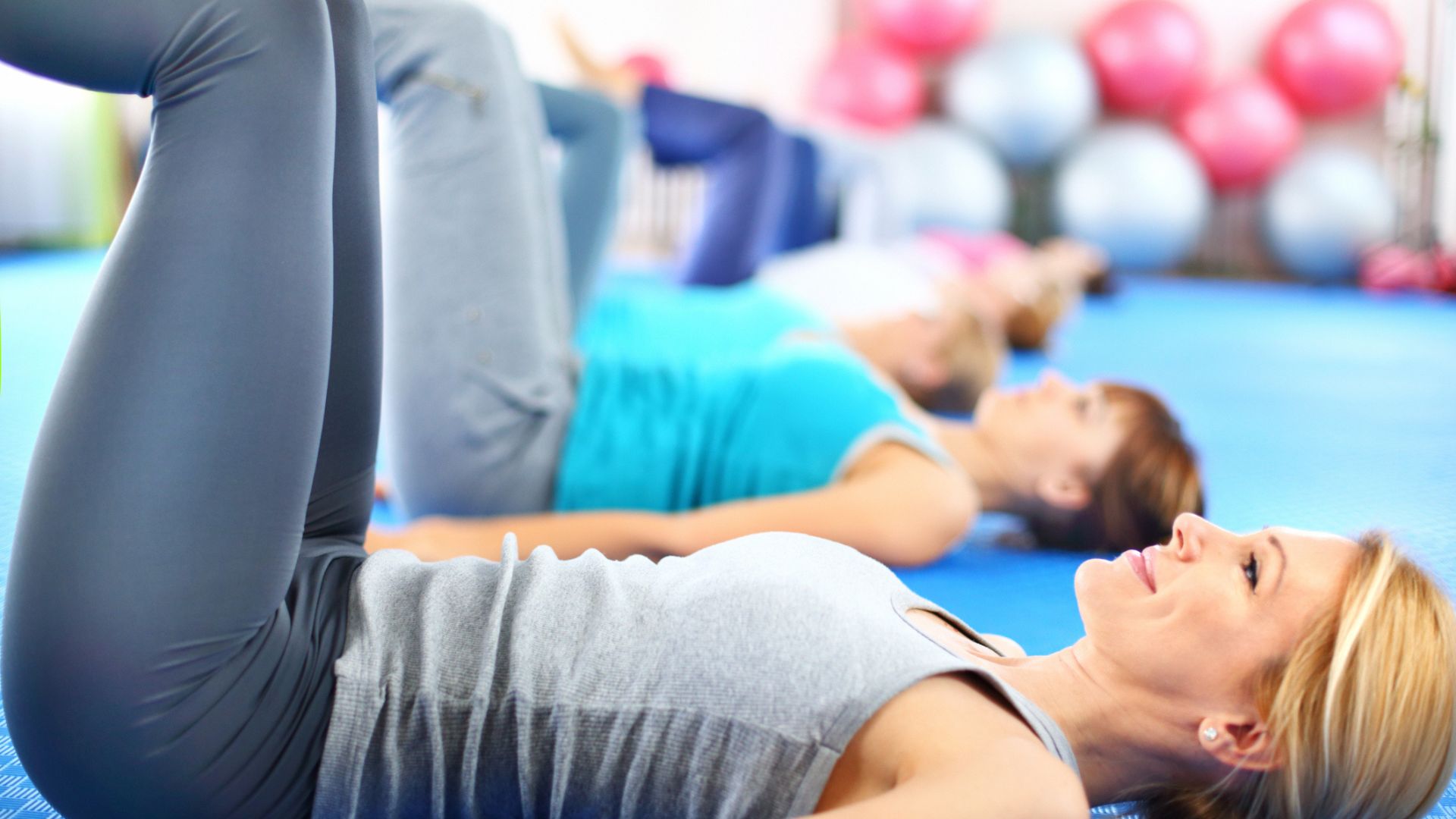 A Pilates instructor says this is the beginner-friendly core exercise everyone should try
A Pilates instructor says this is the beginner-friendly core exercise everyone should tryForget crunches, this is the perfect foundation move
By Alice Porter Published
-
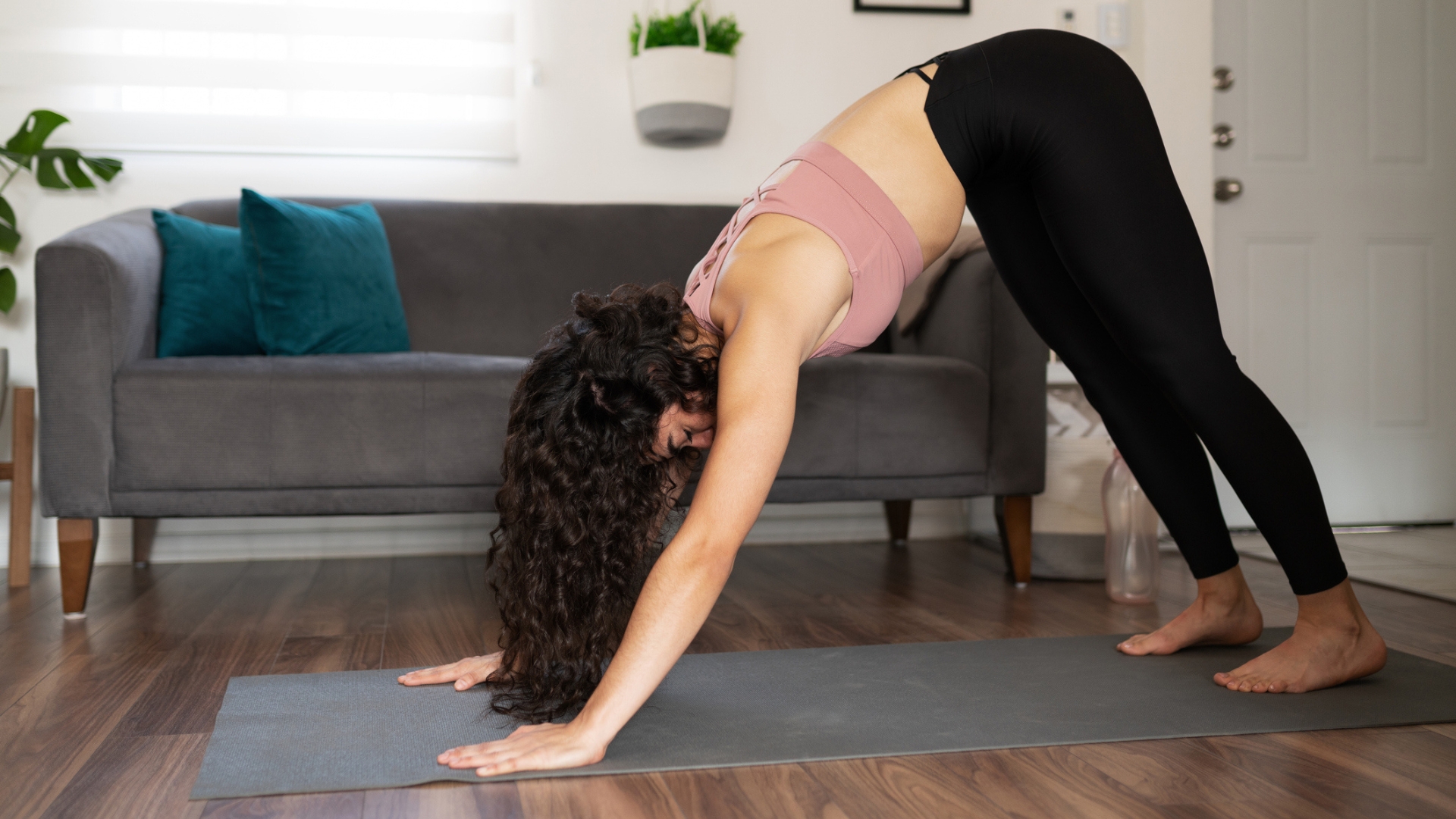 Prevent poor posture and release tension from sitting down with these four simple stretches from a yoga instructor
Prevent poor posture and release tension from sitting down with these four simple stretches from a yoga instructorThe daily poses he swears by, no matter what
By Alice Porter Published
-
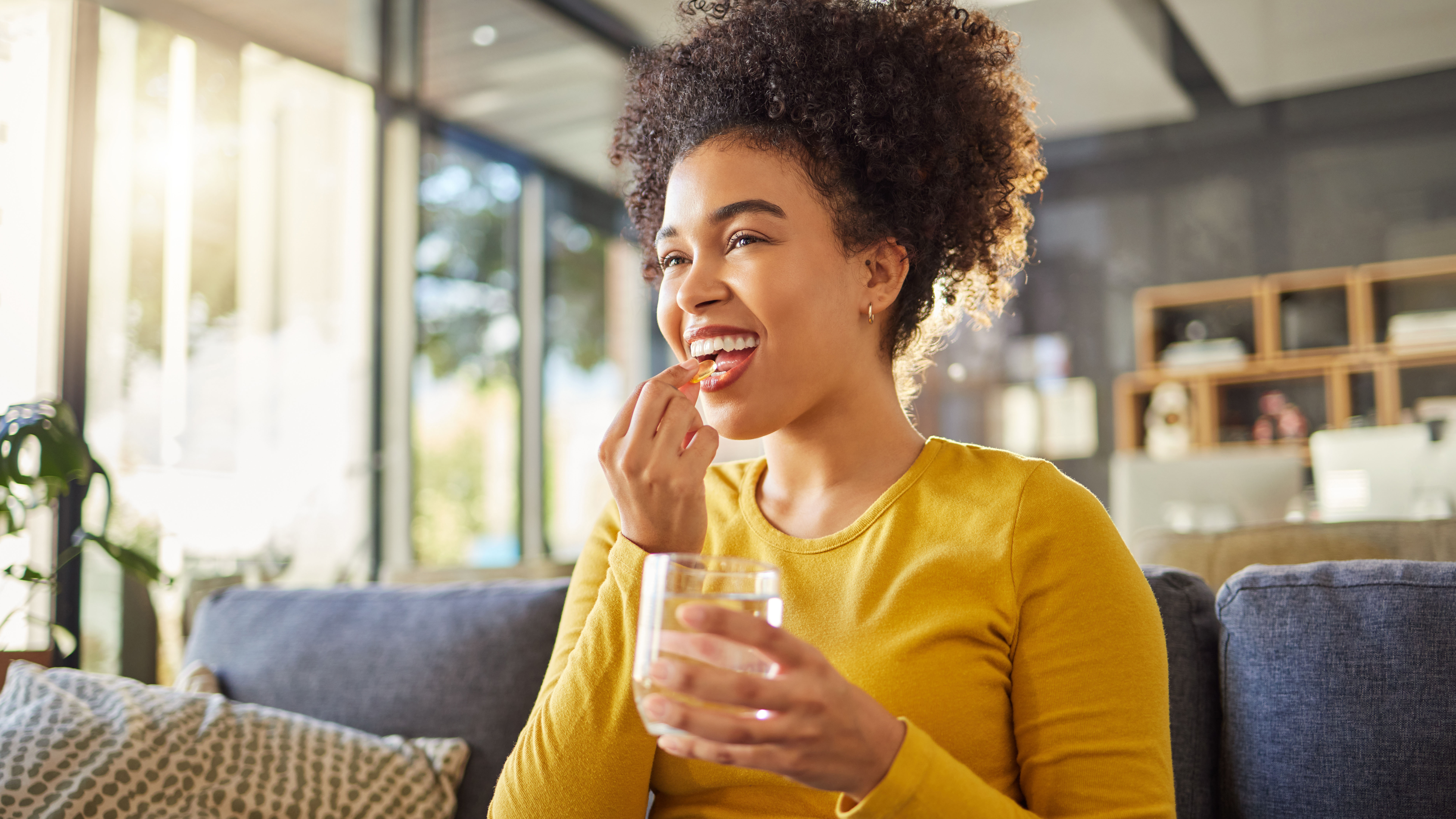 Best vitamin D supplements
Best vitamin D supplementsBUYING GUIDE Take one of the best vitamin D supplements to give your mood a helping hand this winter
By Alice Ball Last updated
-
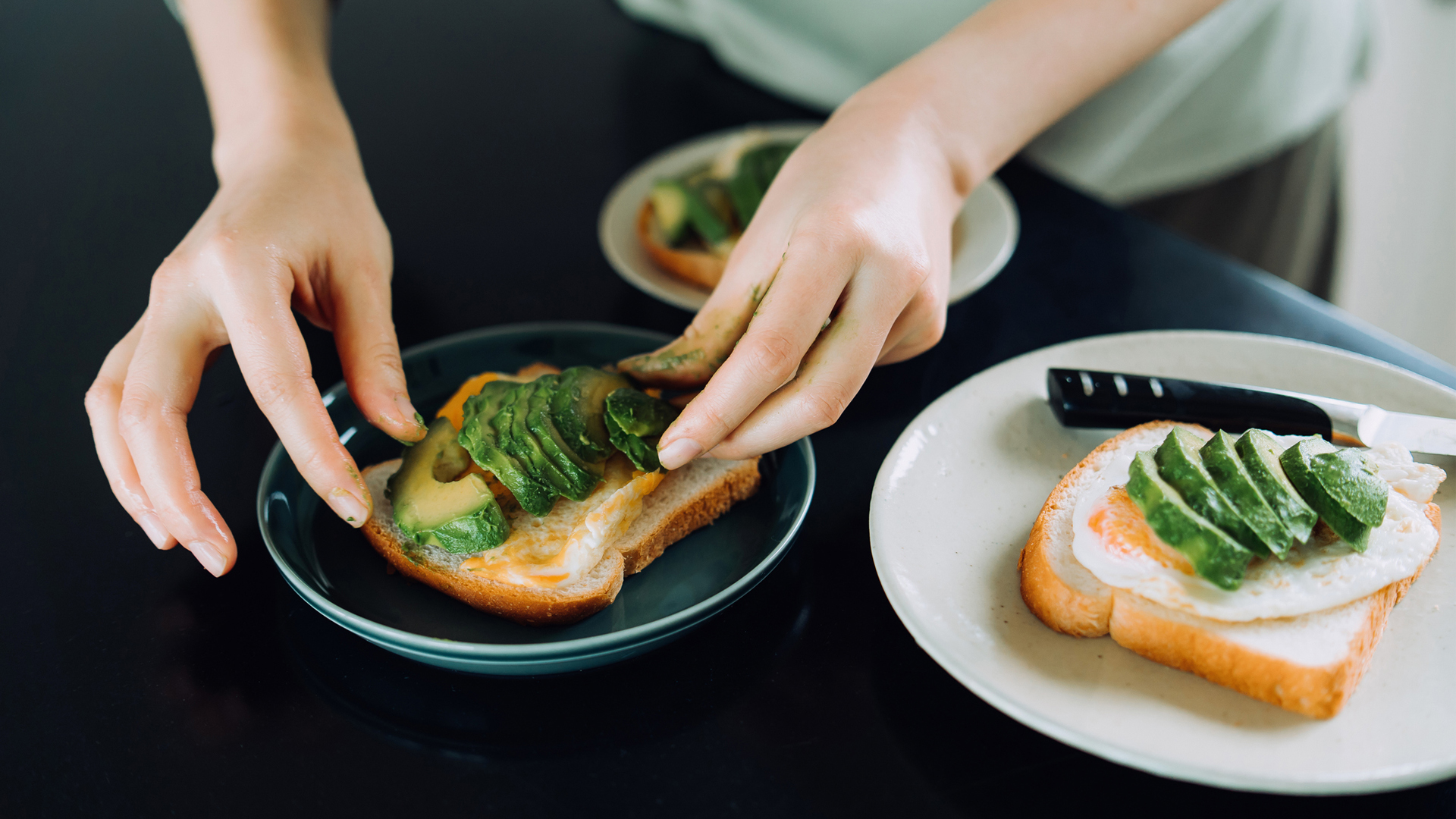 Six high fiber foods you should be eating
Six high fiber foods you should be eatingEnjoy these high fiber foods for better digestion and a healthier heart
By Anna Gora Last updated
-
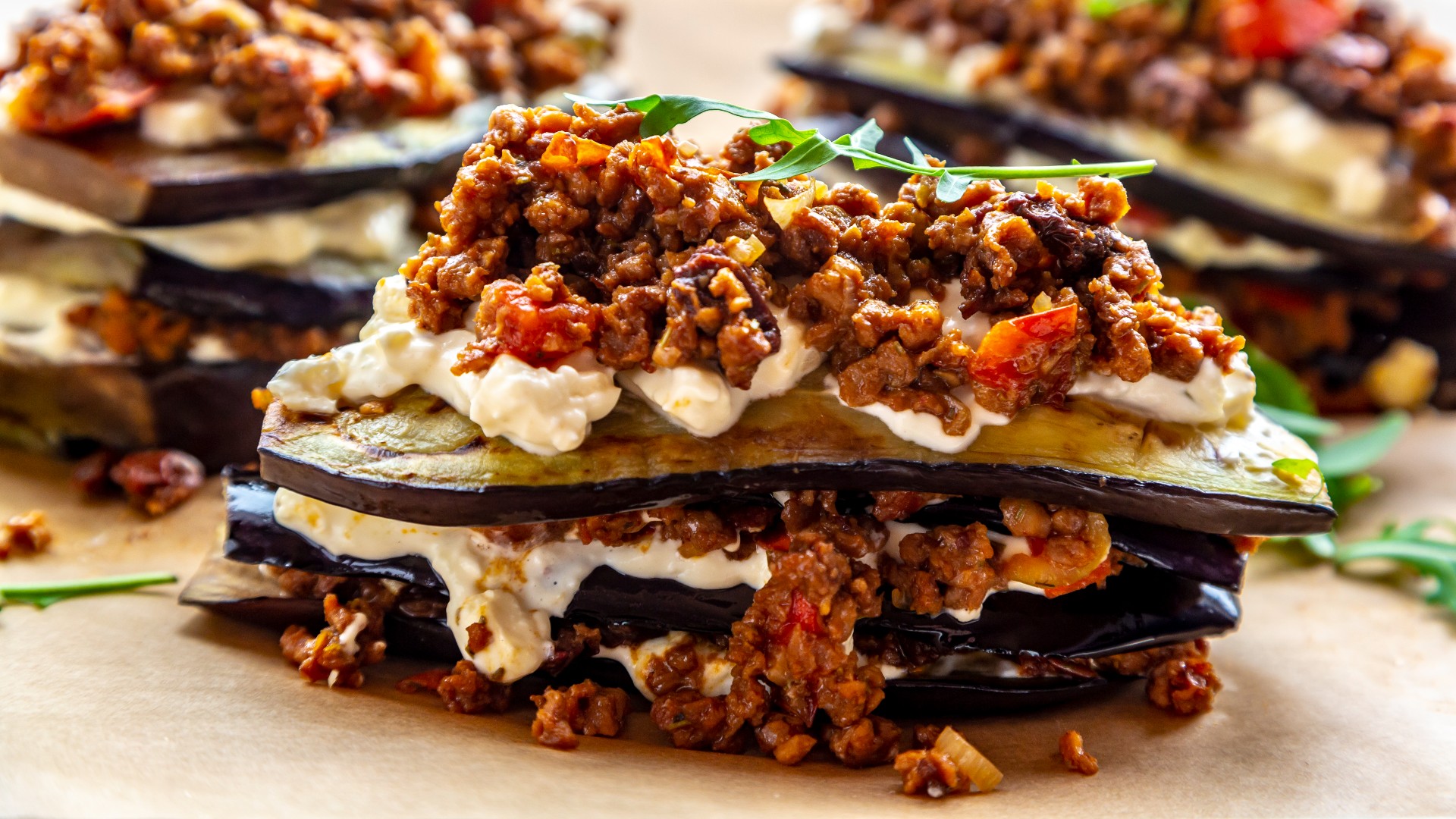 Easy low carb diet plan to help you eat well
Easy low carb diet plan to help you eat wellNutrition Looking for a low carb diet plan? We asked a dietician to share everything you need to know
By Alice Porter Last updated
-
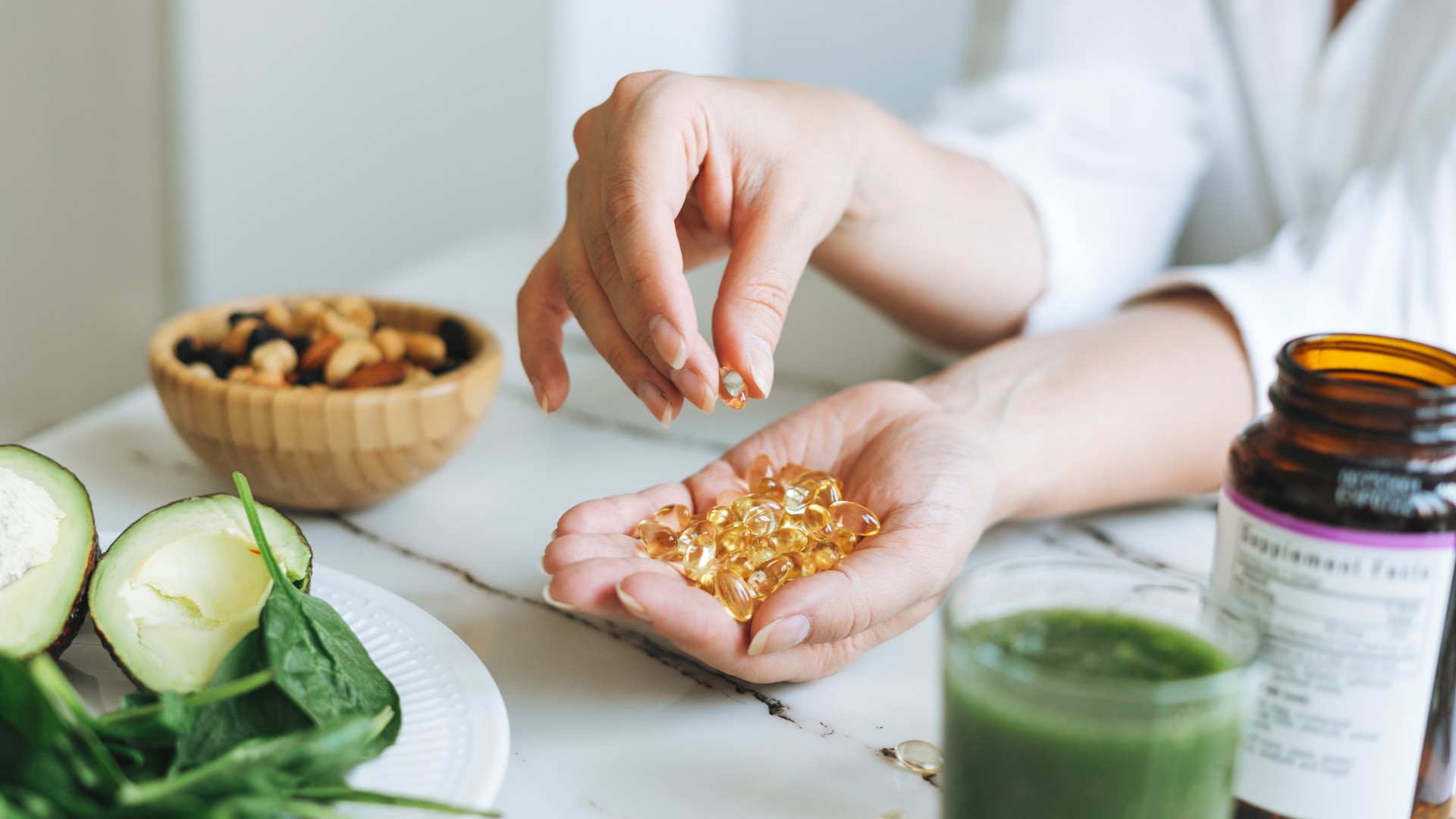 Do multivitamins work? Here’s what a nutritionist has to say
Do multivitamins work? Here’s what a nutritionist has to sayDo multivitamins work or is it better to take individual supplements? We find out which option is better and whether you need to supplement your diet at all
By Alice Porter Last updated
-
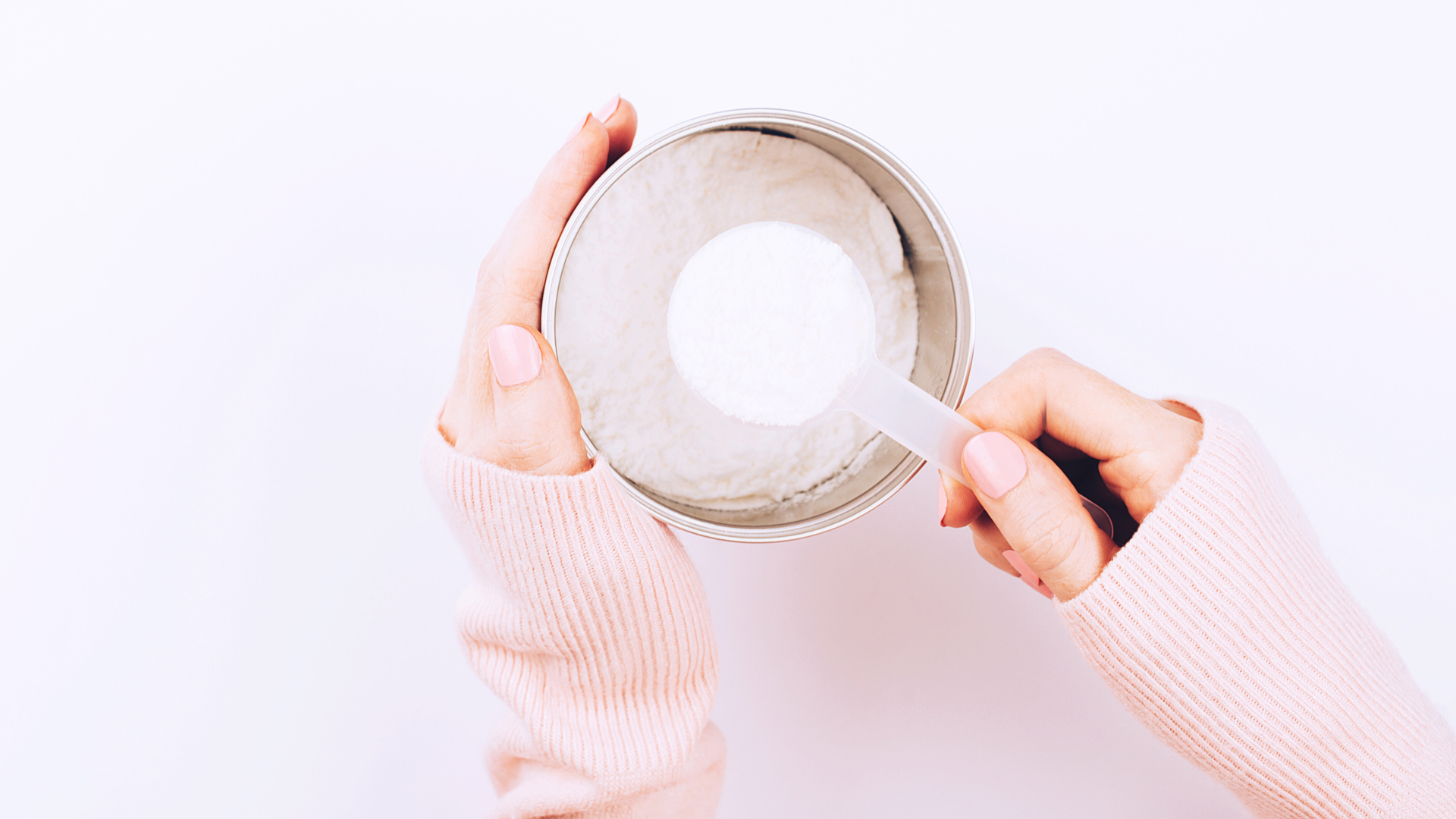 Collagen vs whey protein: what’s the difference?
Collagen vs whey protein: what’s the difference?Protein supplements are incredibly popular, but which type is best for your health? A dietician weighs up the pros and cons of collagen vs whey protein
By Alice Porter Published
-
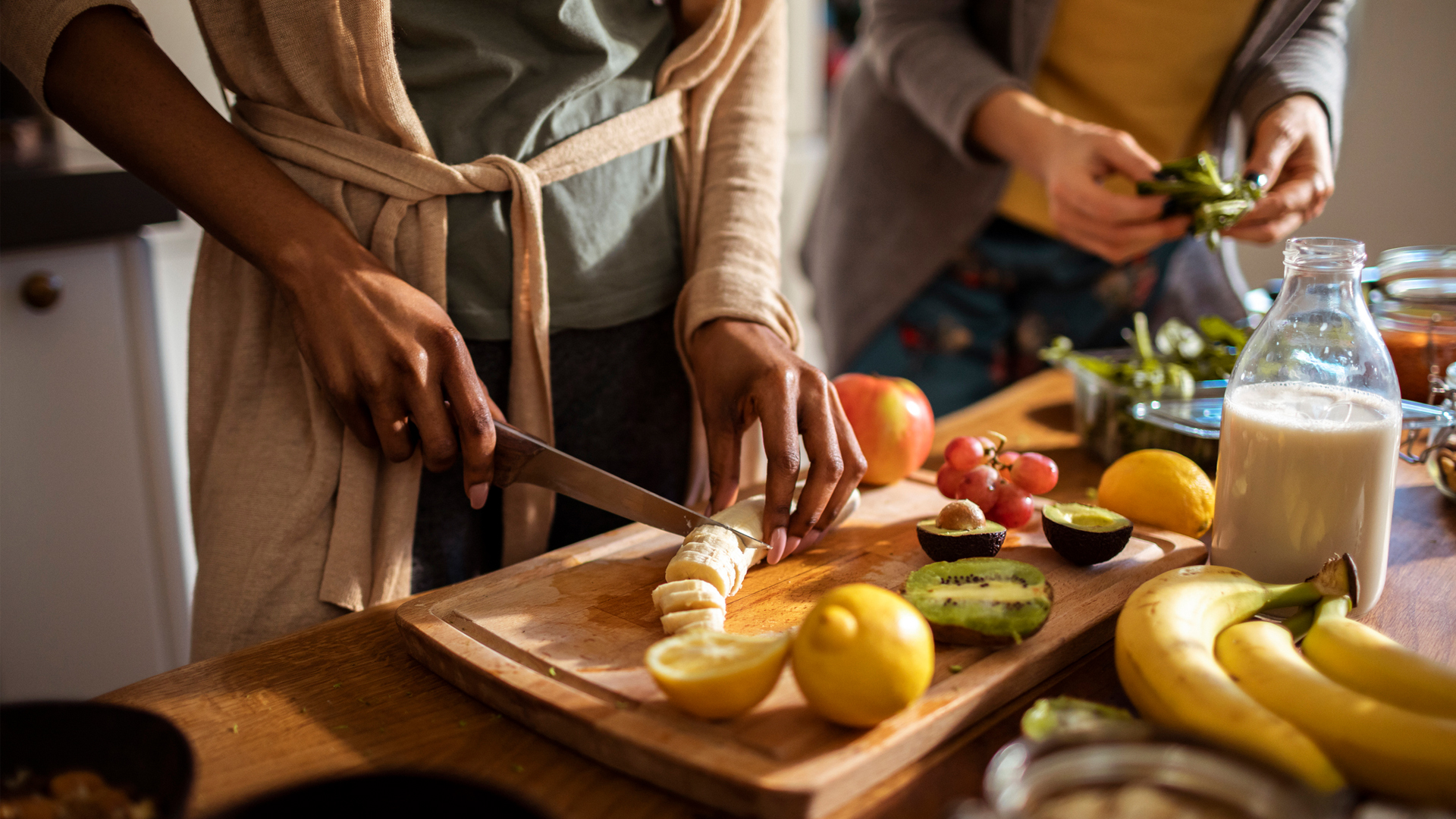 Foods for energy: what to eat to combat tiredness and fatigue
Foods for energy: what to eat to combat tiredness and fatigueFeeling tired? You may think that the only way to revive yourself is by going back to bed, but these foods for energy could help you feel full of life
By Alice Porter Published
-
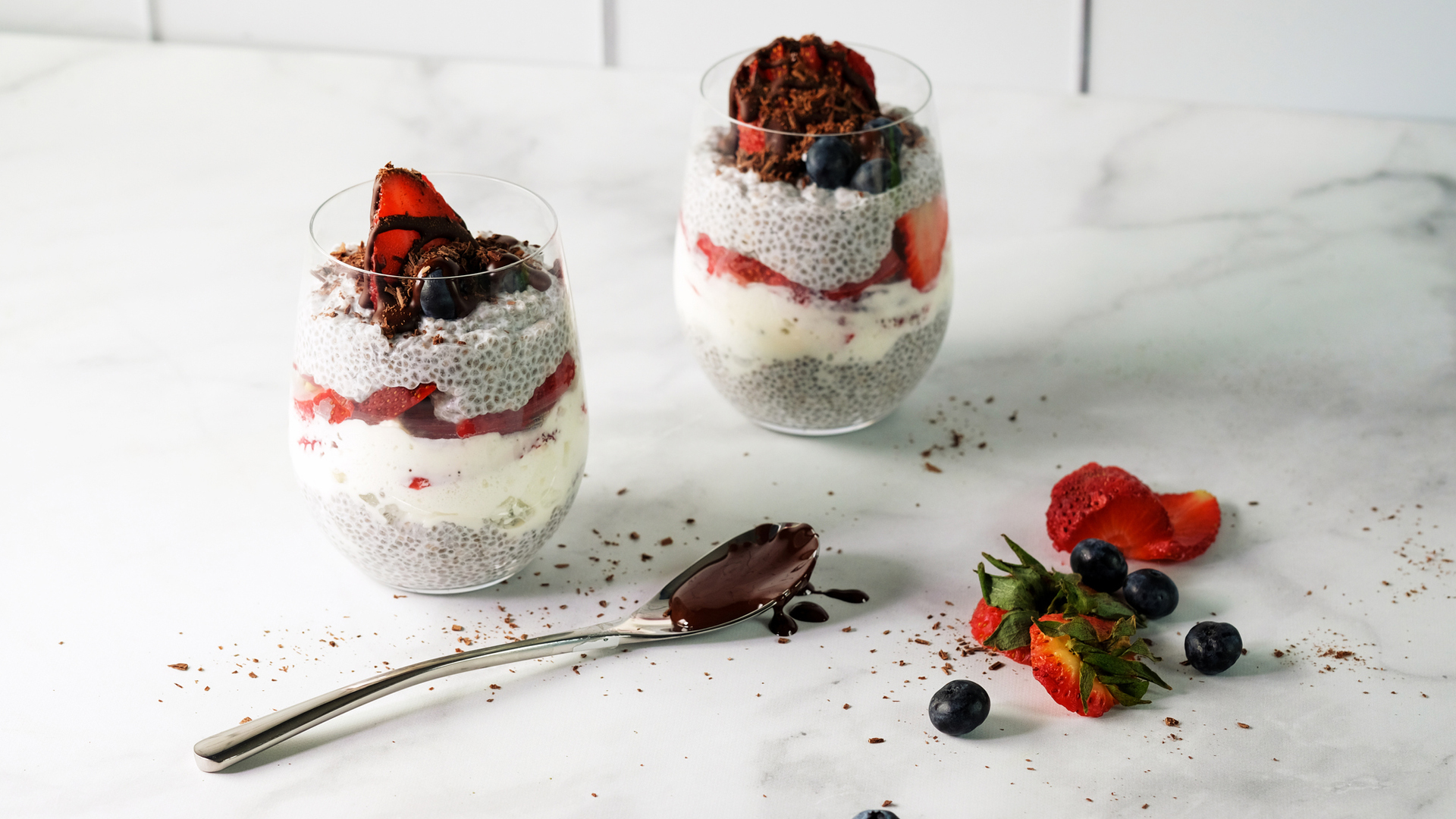 11 high protein desserts to satisfy your sweet tooth
11 high protein desserts to satisfy your sweet toothThese tasty high protein desserts will help to fill you up and build lean muscle
By Maddy Biddulph Last updated
-
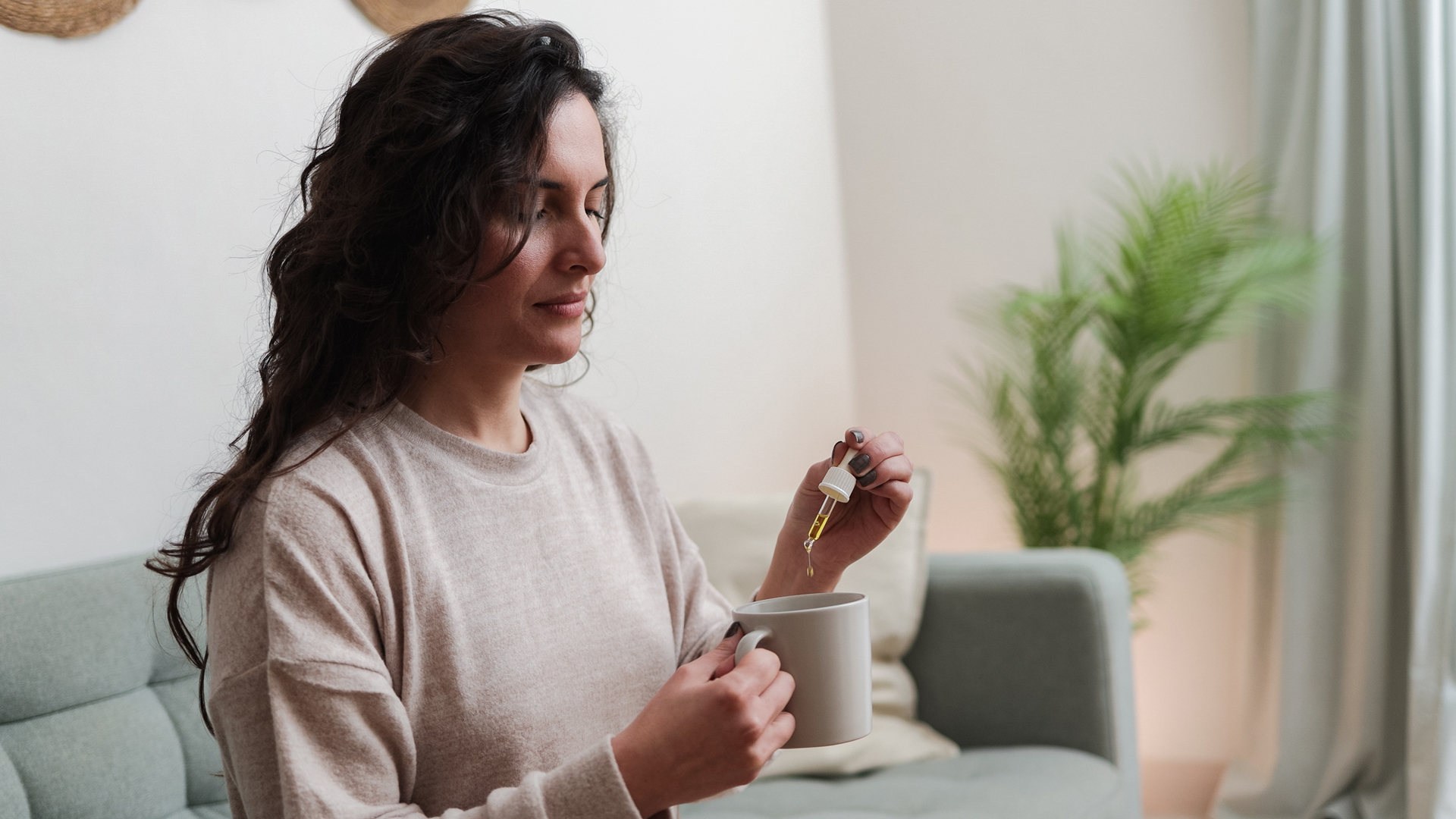 Which vitamins help anxiety?
Which vitamins help anxiety?Wondering which vitamins help anxiety? Here's everything you need to know
By Meg Walters Published